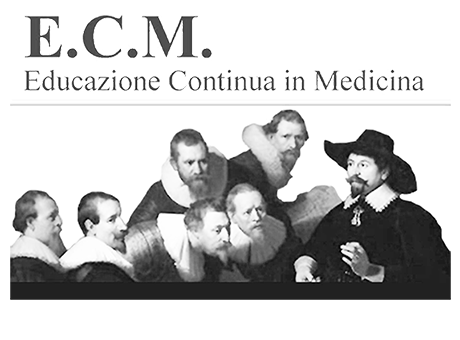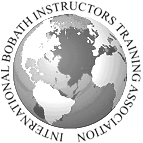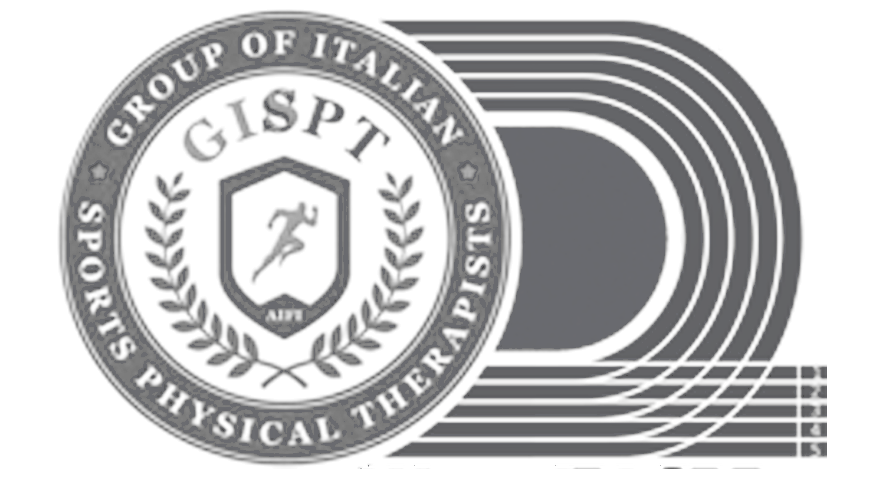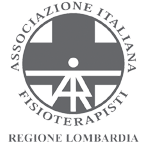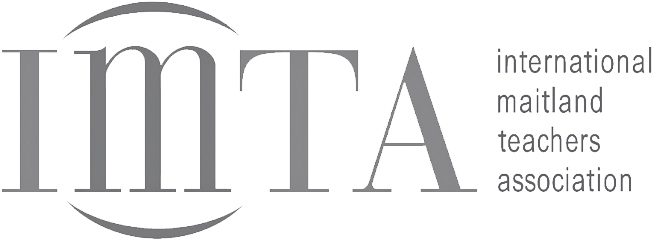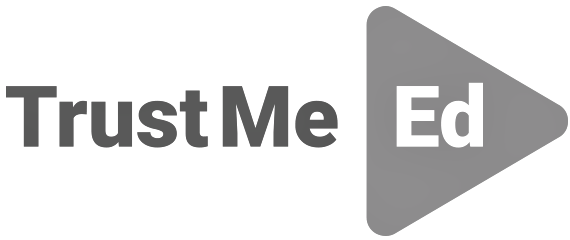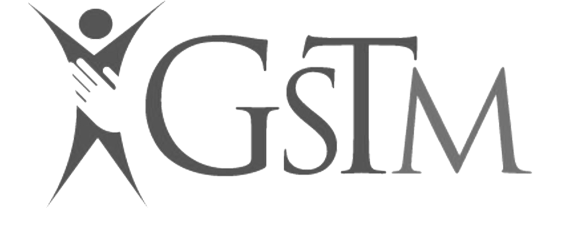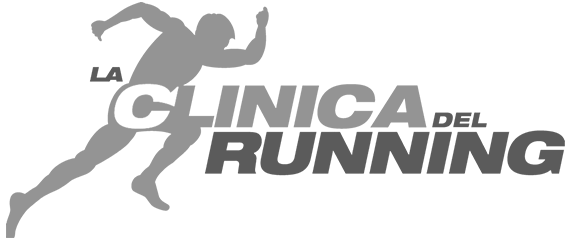September 20, 2021
EM145: Workshop: Treating the Trunk: luxury or necessity? The Bobathian point of view in functional re-education after central lesion
-
Alba MagriPt, IBITA Advanced Course Instructor
-
Ana Isabel Almeida
The Bobath concept is a problem solving approach aimed at evaluating and treating people with movement disorders, postural control and function, caused by a lesion of the central nervous system. This approach to adult rehabilitation with central neurological damage stems from the work of Berta and Karel Bobath and has evolved over the last 70 years. The rationale for its application is rooted in current neuroscientific knowledge related to motor control, motor learning, neural and muscular plasticity and current biomechanical knowledge. The aim of the workshop is to deepen the knowledge concerning the role of the trunk in the functional movement of the limbs and in the transfer of the body in space. A wide and recent literature has demonstrated the connection between central stability and functional locomotion / grasping so much to sustain that trunk specific test and outcome scales can be considered predictive and used for prognostic purpose in defining the potential for recovery of extended functions term. At the same time, the functional results of different therapeutic approaches more targeted to the stimulation of limbs such as CIMT or robotic therapy are described in the literature. Within the three training days we will try to understand how to interpret and integrate these apparently conflicting data for their correct application in the clinical setting using the Bobath Concept as the framework of reference.
Specific objectives:
- Promote the evidence based approach based on updated literature
- Update the neurophysiological knowledge to describe the central organization of postural control and biomechanical knowledge to describe the role of the trunk in the body's anti-gravity modulation - Refine the observation capacity of the postural components of the AVQ
- Implement specific treatment techniques for the trunk and improve manual skills
- Support the discussion and discussion between participants and teachers and train clinical reasoning
In collaboration with:
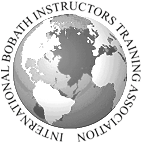
Intended for
Payments
- Deposit €305.00 within 7 days from the registration
- Balance €244.00 by date August 20, 2021
Calendar
language
SCHEDULE
First day
08.30-9.00 Registration of participants and presentation of course objectives
09.00-11.00 Lesson - Neurophysiology of postural control: review of the literature
11.00-11.15 Coffee break 1
11.15-13.00 Laboratory: The role of the trunk in the main functions of daily life - train observation for clinical evaluation
13.00-14.00 Lunch
14.00-15.30 Evaluation of a patient by teachers in collective session. Summary of clinical reasoning and discussion
15.30-15.45 Coffee break
15.45-17.45 Laboratory: The antigravity organization of the trunk: the role of the hip and lower trunk in postural passages and locomotion
17.45-18.00 Last questions and summary of learning
Second day
08.30-11.00 Lesson - Biomechanics of the trunk for verticality and for selective movement of the limbs
11.00-11.15 Coffee break
11.15-13.00 Laboratory: The antigravity organization of the trunk: the role of the upper trunk and shoulder blades in postural passages and locomotion
13.00-14.00 Lunch
14.00-15.30 Evaluation of a patient by teachers in collective session. Summary of clinical reasoning and discussion
15.30-15.45 Coffee break
15.45-17.45 Laboratory: The anti-gravity organization of the trunk: the role of the contralateral trunk for functional reach-to-grasp
17.45-18.00 Last questions and summary of learning
Third day
8.30-10.00 Lesson - Case study
10.00-11.15 Laboratory: The anti-gravity organization of the trunk: the role of the ipsilateral trunk for functional reach-to-grasp
11.15-11.30 Coffee break
11.15-13.00 Laboratory - Coordination between the parties for complex functional gestures (part one)
13.00-14.00 Lunch
14.00-15.30 Evaluation of a patient by teachers in collective session. Summary of clinical reasoning and discussion
15.30-15.45 Coffee break
15.45-17.00 Laboratory - Coordination between the parties for complex functional gestures (continuation)
17.00-17.30 Last questions, ECM test and course conclusion
